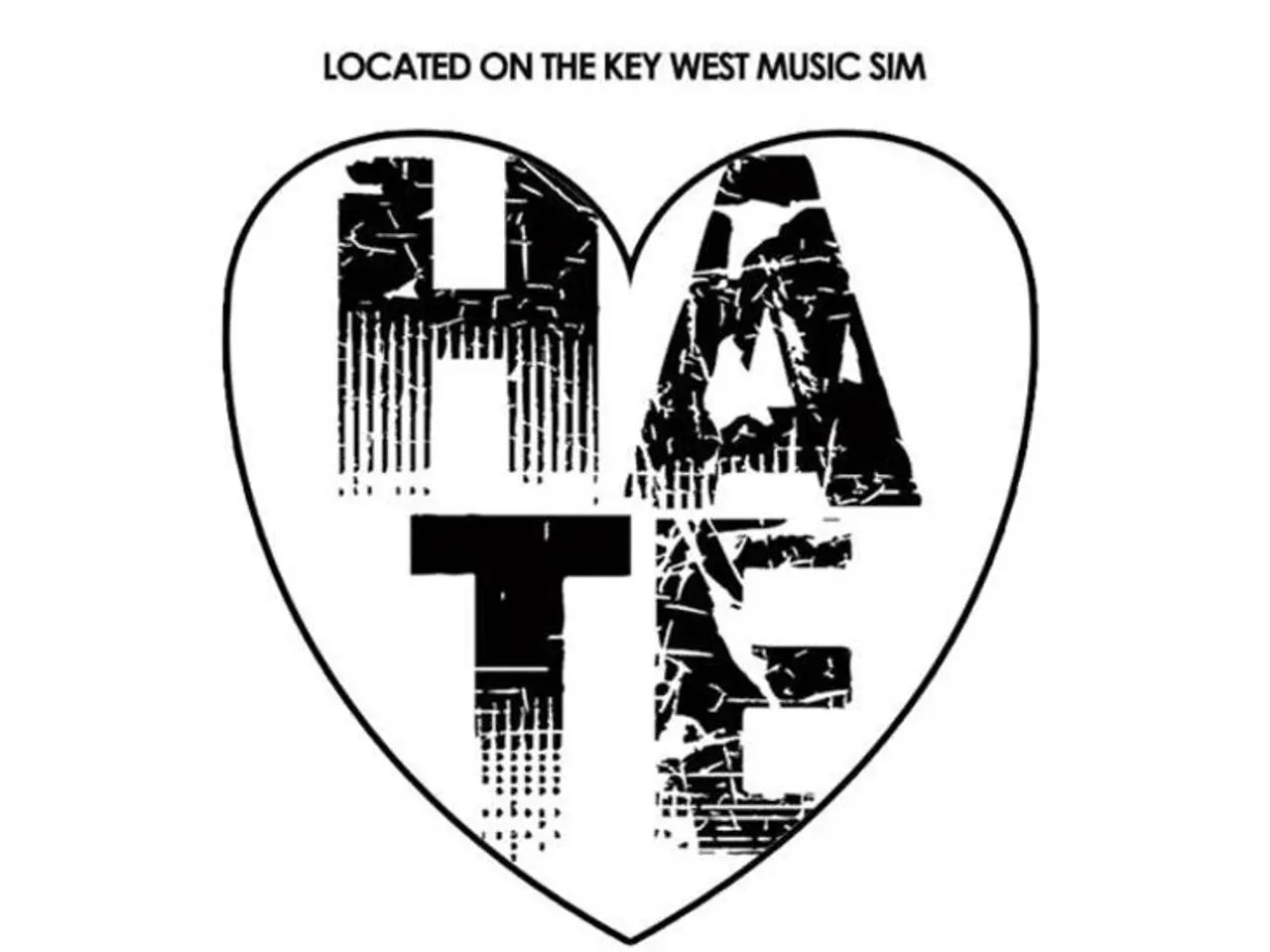Waving the Red Flag:Most Germans Urge Politics to Tackle Online Hate Speech Head-On
- ⏰ - 2 Min Read
Political Majority in Germany Pushes for Swift Government Action - Growing Internet Hostility: Over Half of Germans Urge Politicians to Intervene
Name-calling, slurs, and threats - Nearly three-fourths of the German populace has stumbled upon such online hostility. This finding comes from a survey by Forsa, commissioned by RTL on World Hate Speech Awareness Day, take place on June 18th.
World Hate Speech Awareness Day: June 18th
About 7 out of 10 people say they've come across hostile, disrespectful, or threatening comments online, more frequently seen among younger demographics and heavier social media users. When it comes to personal hate speech encounters, only 16% have been directly affected, leaving 84% unaffected. Once again, those who are younger and more active on social networks have experienced online harassment more frequently.
No matter if they've had a personal experience with hate speech or not, a clear majority (7 out of 10) believe politics isn't doing enough to combat online hate speech. This complaint is consistent even among AfD supporters, with 55% expressing a need for further action. However, only 14% fear that measures against online hate speech infringe on freedom of speech. A resounding 83% disagree.
Announced in 2021, the UN declared June 18th as World Hate Speech Awareness Day. This year, UN Secretary-General António Guterres emphasizes the danger of propagating hate with artificial intelligence and biased algorithms. "We must counter detrimental narratives with positive messaging and empower people to recognize, reject, and challenge hate speech," Guterres said.
RTL Germany supports the awareness day with the initiative "Together. Against Hate Speech." Throughout the week, the channel delves into the psychological effects of negative online culture, offers practical tips for handling online hate, and presents ways to get help, as well as discussing legal options and the German government's plans.
Facts & Figures: The Forsa survey of 1,002 individuals was conducted on behalf of RTL Germany from June 10th to 12th, 2025. The survey represents the general population, and the margin of error is +/- 3 percentage points. Stern is part of RTL Germany.
*Keywords: *- Hate- Hate Speech- Forsa- Polling Institute
Insights:1. Importance of Strengthened Legal Frameworks: Germans favor stronger legal measures against online hate speech, such as the Network Enforcement Act (NetzDG) that requires social media platforms to remove illegal content, store removed content, and provide transparency reports, and the upcoming European Union Digital Services Act (DSA) which demands legal obligations on platforms for content removal, user-reporting mechanisms, and increased transparency.2. Cognizance of Freedom of Speech: While cracking down on hate speech, it's essential to maintain a balance that upholds freedom of speech, ensuring legal expression is protected.3. Youth and Social Media Usage: Younger demographics and more frequent social media users tend to encounter online hate speech more frequently and are more concerned about its impact.
- The community and employment policies should address online hate speech, as approximately 7 out of 10 Germans believe politics is not doing enough to combat it.
- General news outlets, such as RTL Germany, are playing a crucial role in raising awareness about World Hate Speech Awareness Day and providing resources to tackle online hate speech through initiatives like "Together. Against Hate Speech."






